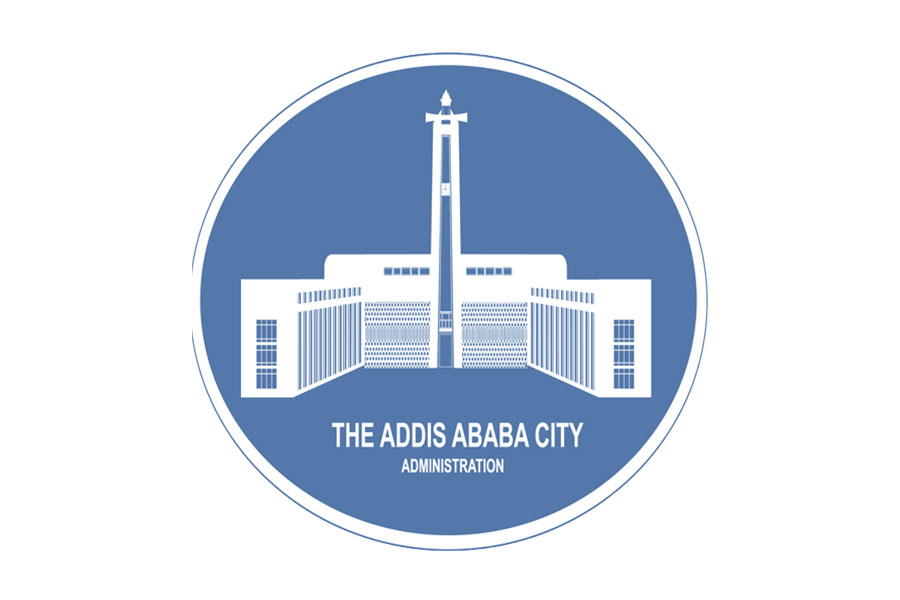
Fortune News | Dec 24,2022
The Ethio-Djibouti Railway partially resumed operations three weeks after being derailed in East Showa Zone of the Oromia Regional State. However, the train will still not be able to travel during nighttime or during rainstorms.
The railway is now transporting cargo carrying wheat and fertiliser. It will not be able to transport passengers until a final decision is made by the Ministry of Transport.
The decision to allow the train to operate beginning on April 24, 2019, was made after a preliminary report was written by a team led by the Ministry. The team included experts from the Ethiopian Railways Corporation, the Ministry of Transport and the Ethio-Djibouti Standard Gauge Railway. Another investigation, which is in its completion stage, is required before a decision on the long-term status of the train is made.
Before the accident, trains travelling along the railway line would stop at Modjo Dry Port twice a day. This rate has been halved since the accident now that trains have to spend the night at Dire Dawa and Adigala, a town in the Somali Regional State.
The accident that led to a three-week interruption of operations was a derailment of a cargo train in Fentale Wereda at 3:00am, while the train was on route to Djibouti from Addis Abeba. The cause of the accident was reported to be flood damage to the train tracks.
Two electric locomotives and three flatbed wagons were destroyed, while 16 other wagons were derailed, according to sources close to the case. The estimated cost of the damage is between 200 million Br and 300 million Br.
The train was being operated at the time of derailment by three Ethiopians and one train conductor from Djibouti, who started training on July 9, 2018.
Nonetheless, one month after the accident, there has not any public disclosure about the accident by officials.
The recent accident is not the first for the Ethio-Djibouti Railway, according to sources. Another accident occurred about a month ago near Minjar Shenkora, North Shewa Amhara Regional State.
The railway, which cut travelling time between Djibouti and Addis Abeba from three days to 12 hours, was constructed at a cost of 4.2 billion dollars, with 70pc of the financing secured from the Export-Import Bank of China. Extending from Sebeta, 19Km west of the capital, to Djibouti's Doraleh Container & Oil Terminal, the railway was inaugurated in December 2017.
It is operated by the Ethio-Djibouti Standard Gauge Railway S.C, which was established in April 2017 by a bilateral agreement signed on December 16, 2016, between Ethiopia and Djibouti.
China Railway Engineering Corporation and China Civil Engineering Construction Company, which built the railway, were retained to manage and run the railway system by Ethio-Djibouti Railway for six years at an annual fee of 60 million dollars. The railway has 41 trains, 35 of which are for cargo.
The expert believes that the accident will have profound effects on the country’s economy.
"Alternative railway lines should have been built that could have been used for transporting trains,” said Eshetie Berhan (PhD), lecturer for nearly two decades at the Addis Abeba Institute of Technology's School of Mechanical & Industrial Engineering. “To minimise such accidents in the future, they should cooperate with the Meteorology Agency and apply real-time GPS.”
Tilahun Serka, CEO of Ethio-Djibouti Railway, declined to comment on the issue.
The Ethio-Djibouti Railway has partially resumed operations three weeks after a train was derailed in East Showa Zone of the Oromia Regional State.
PUBLISHED ON
May 18,2019 [ VOL
20 , NO
994]

Fortune News | Oct 16,2021

Radar | Jan 29,2022

Radar | May 13,2023

Fortune News | Jun 29,2019

Fortune News | Oct 09,2021

Dec 22 , 2024 . By TIZITA SHEWAFERAW
Charged with transforming colossal state-owned enterprises into modern and competitiv...

Aug 18 , 2024 . By AKSAH ITALO
Although predictable Yonas Zerihun's job in the ride-hailing service is not immune to...

Jul 28 , 2024 . By TIZITA SHEWAFERAW
Unhabitual, perhaps too many, Samuel Gebreyohannes, 38, used to occasionally enjoy a couple of beers at breakfast. However, he recently swit...

Jul 13 , 2024 . By AKSAH ITALO
Investors who rely on tractors, trucks, and field vehicles for commuting, transporting commodities, and f...

Jul 12 , 2025
Political leaders and their policy advisors often promise great leaps forward, yet th...

Jul 5 , 2025
Six years ago, Ethiopia was the darling of international liberal commentators. A year...

Jun 28 , 2025
Meseret Damtie, the assertive auditor general, has never been shy about naming names...

Jun 21 , 2025
A well-worn adage says, “Budget is not destiny, but it is direction.” Examining t...